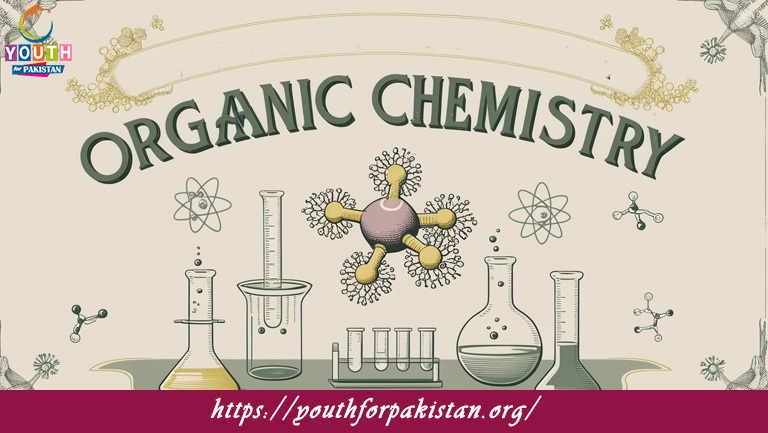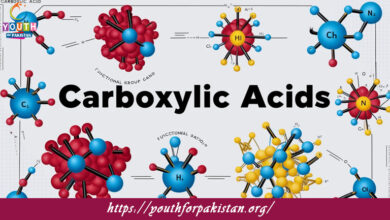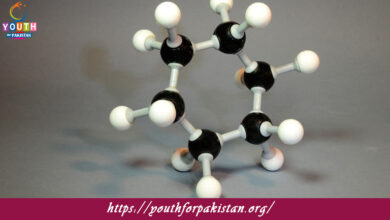Fundamental Principles Of Organic Chemistry MDCAT Quiz

Fundamental Principles Of Organic Chemistry MDCAT Quiz; Fundamentals of Organic Chemistry: Every MDCAT student needs to learn the Fundamentals of Organic Chemistry because organic chemistry constitutes a major portion of the syllabus. This branch of chemistry is all about carbon-containing compounds and their reactions. Important principles like bonding, functional groups, isomerism, and reaction mechanisms form the basis for understanding the behavior of organic molecules. By mastering these principles, MDCAT aspirants will be able to predict the outcomes of reactions, identify molecular structures, and apply these concepts to a variety of chemistry problems encountered in the exam.
Quiz: Test Your Knowledge of Organic Chemistry
Our MDCAT Quiz on the fundamental principles of organic chemistry is designed to reinforce your understanding of this subject. The quiz covers topics such as the types of bonds in organic molecules, the behavior of functional groups, and how different isomers behave in chemical reactions. By solving these practice questions, you’ll gain confidence in applying organic chemistry principles to real-world scenarios and improve your problem-solving skills for the MDCAT exam.
Free Flashcard: Key Concepts in Organic Chemistry
Our free Flashcard set on organic chemistry principles allows you to review key concepts in a very easy manner. The flashcards summarily cover important topics such as the classification of organic compounds, functional group reactivity, and mechanism of key organic reactions. They are great for last-minute revisions and ensuring that you have a tight grasp of the core principles of organic chemistry.
Feel equipped with knowledge and confidence to tackle organic chemistry questions in the MDCAT by using our targeted quizzes and flashcards. These materials are designed to help you score well in chemistry preparation and do well on the exam.
Experience the real exam environment with our expertly designed collection of over 25,000 MCQs MDCAT Mock Tests.






